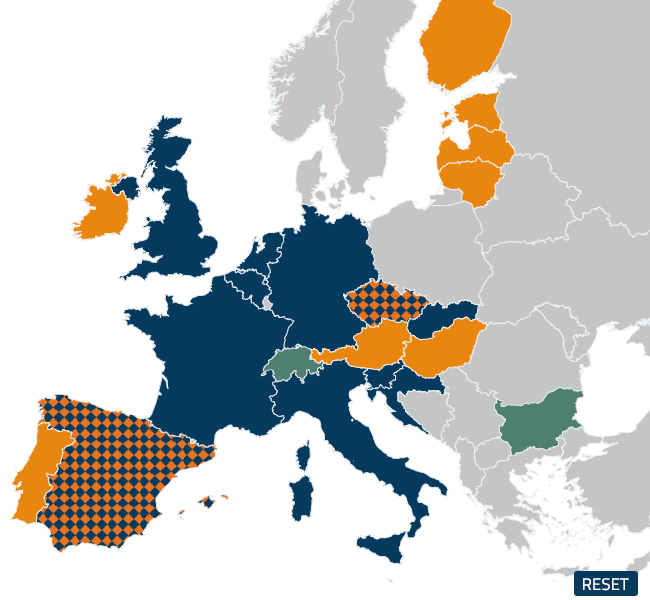DCC Energy Limited
Invested in Energy
DCC plc is a customer-focused energy business, specialising in the sales, marketing, and distribution of secure, cleaner and competitive energy solutions to commercial, industrial, domestic, and transport customers. Headquartered in Dublin, DCC plc is listed on the London Stock Exchange and is a constituent of the FTSE 100.
In the financial year ended 31 March 2025, DCC generated revenues of £18.0 billion and adjusted operating profit of £617.5 million. DCC has an excellent record, delivering compound annual growth of 13% in continuing adjusted operating profit and unbroken dividend growth of 13% while maintaining high returns on capital employed over 31 years as a public company.
DCC was founded in 1976 and over the years has been active in several business areas. In the financial year ending March 2025, DCC employed over 16,000 people (of which 9,000 are in the Energy business), and served 10 million customers.
DCC has a near 50-year heritage in the off-grid energy sector, bringing energy, and the capability to consume it, to customers’ homes and businesses. In November 2024, DCC announced it would concentrate its activities on the energy sector, divesting DCC Healthcare and reviewing strategic options for DCC Technology. DCC Energy has a clear and resilient strategy “Cleaner Energy in Your Power”, that is aligned with net zero but is also not dependent on the energy transition taking a specific path. With a strong presence in existing essential energy markets and a growing business providing cleaner and renewable energy and related services, DCC will be meeting customers’ energy needs for decades to come.
DCC Energy operates across 12 countries, mostly in Europe.
Some of the businesses are:
- Flogas (Ireland, United Kingdom, Norway, Sweden, Benelux)
- Certas (United Kingdom, Norway)
- Butagaz (France)
- DCC Energi (Denmark)
- Progas (Germany)
- Wewise (more than 10 countries but based in France)


